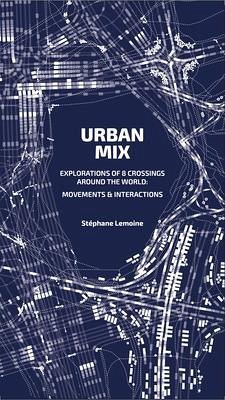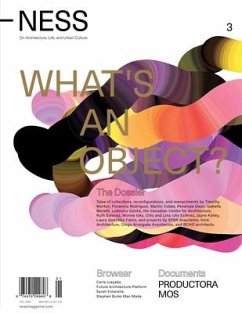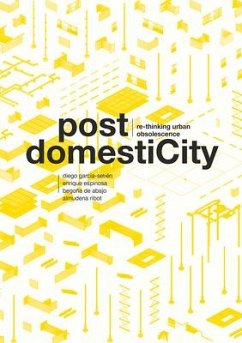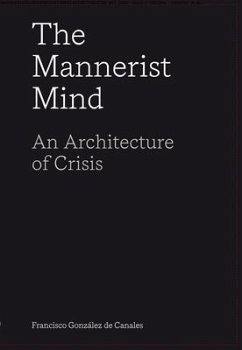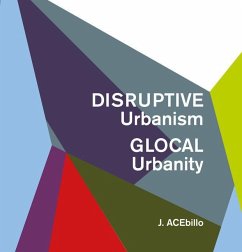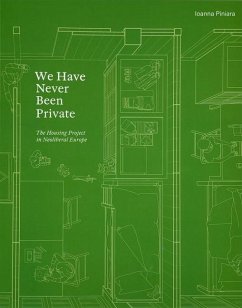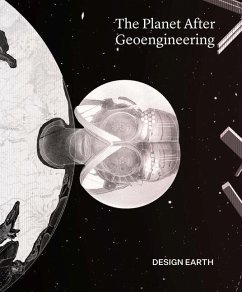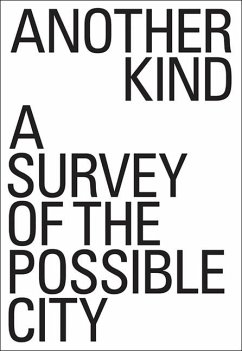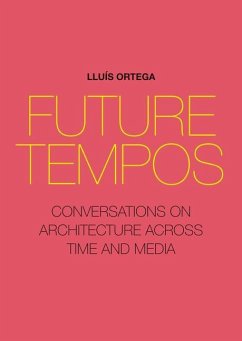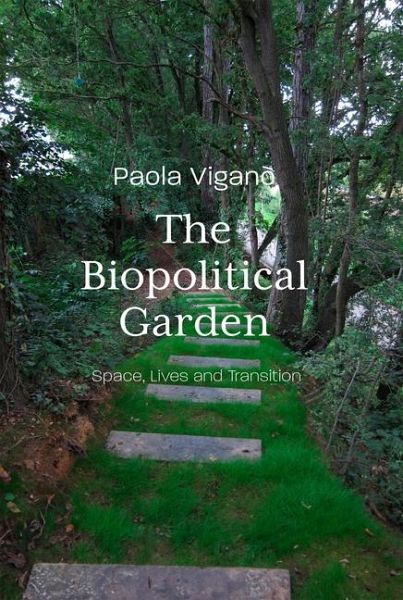
Biopolitical Garden
Space, Lives, Transition
Versandkostenfrei!
Versandfertig in über 4 Wochen
33,99 €
inkl. MwSt.

PAYBACK Punkte
17 °P sammeln!
The book discusses the ways in which the project can critically contribute to an affirmative biopolitical action of substantial emancipation; it considers space an essential agent, and not only a collective capital, or a support, for adapting our lives to the recent profoundly changed conditions. In all the new research on the future of urban space, the renewed interest in life, tragically affected by health, ecological and socio-political crises, raises a crucial theoretical and projective question: what role can space play in maintaining and promoting life in the broader sense of bíos? This...
The book discusses the ways in which the project can critically contribute to an affirmative biopolitical action of substantial emancipation; it considers space an essential agent, and not only a collective capital, or a support, for adapting our lives to the recent profoundly changed conditions. In all the new research on the future of urban space, the renewed interest in life, tragically affected by health, ecological and socio-political crises, raises a crucial theoretical and projective question: what role can space play in maintaining and promoting life in the broader sense of bíos? This book is based on the conviction that there is an urgent need to revisit the Foucauldian notion of biopolitics - free, however, from the privilege given to the goal of control - to rethink the project of the city and territory in transition in an affirmative and emancipatory way. The 'biopolitical garden' designates both the mental place and the set of concrete spaces in which the critical thinking developed in this book takes place. Profound and original, it starts from a consideration of the modern and contemporary project as one committed to the maintenance and emancipation of a population. Re-reading a series of paradigmatic projects from the twentieth century, Paola Viganò acknowledges the long-term validity of the three fundamental concepts of functional space, natural space, and social space. She then proposes a theoretical renewal that considers the value of space as an agent subject endowed with its own vitality. Finally, the projects developed by the author in recent years provide a laboratory for 'situating' her thinking within a perspective of spatial, social, and environmental justice.



